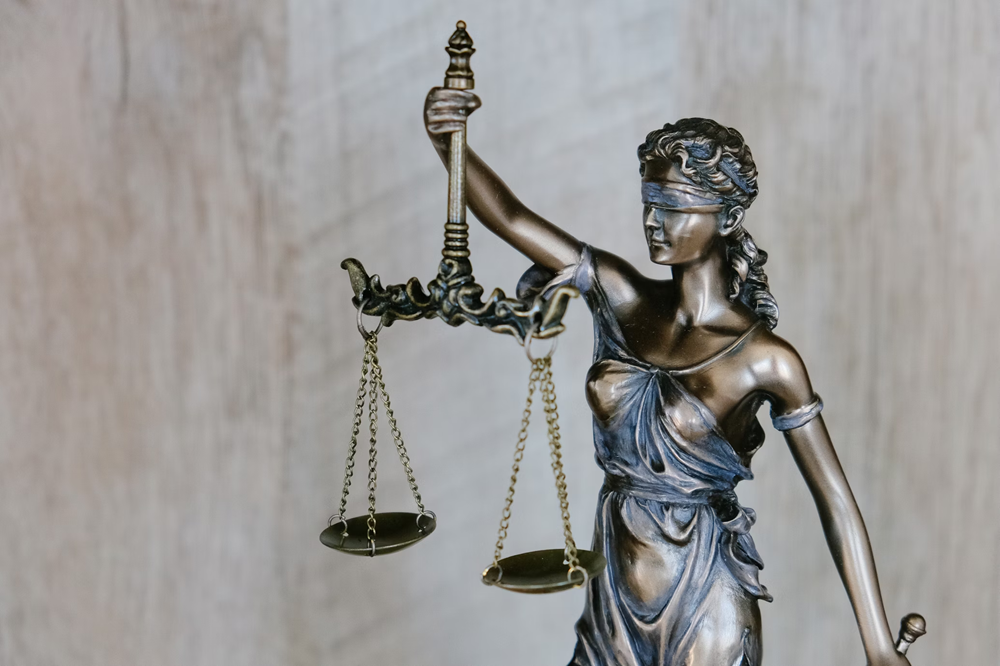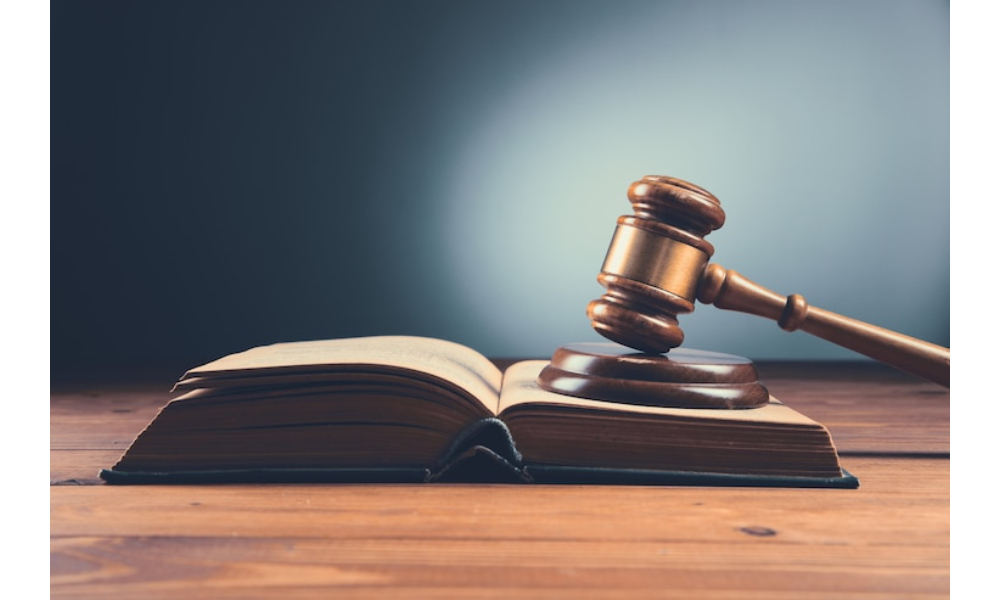The legal implications of these cases are significant, not only for the families affected but also for the lawyers who represent them. Understanding these implications is crucial for wrongful death lawyers as they navigate the complexities of the legal system.
1. Understanding Liability
One of the primary legal implications in wrongful death cases is establishing liability. Lawyers wrongful death must prove that the defendant’s actions directly caused the death of the plaintiff’s loved one. This involves gathering substantial evidence, such as medical records, accident reports, and witness testimonies. The burden of proof lies with the plaintiff, making it essential for lawyers to build a compelling case that demonstrates clear causation.
2. Statutes of Limitations
Each state has specific statutes of limitations governing wrongful death claims, typically ranging from one to three years from the date of death. Lawyers must be acutely aware of these time limits, as failing to file a claim within the designated period can result in the loss of the right to pursue legal action. This urgency emphasizes the importance of prompt legal consultation for families dealing with loss.
3. Types of Damages
Wrongful death lawyers must also navigate the complexities of damages that can be claimed. These can include economic damages, such as lost income and funeral expenses, as well as non-economic damages, like loss of companionship and emotional suffering. Each jurisdiction has its own laws regarding the types and limits of damages available, and attorneys need to understand these nuances to advocate effectively for their clients.
4. Comparative Negligence
Many jurisdictions operate under comparative negligence laws, which can affect the outcome of a wrongful death claim. If the deceased had any role in contributing to the circumstances that led to their death, the damages awarded may be reduced proportionately. Lawyers must be prepared to counter any claims of shared liability and effectively argue the case’s merits.
5. Emotional and Ethical Considerations
Beyond the legal implications, wrongful death lawyers often face emotional and ethical dilemmas. Representing grieving families requires sensitivity and compassion, as the stakes are incredibly high. Lawyers must balance aggressive advocacy with a respectful approach, acknowledging the profound loss that clients are experiencing. Ethical considerations also come into play when handling sensitive information and maintaining the trust of clients.
The legal implications of wrongful death cases are multifaceted, encompassing liability, damages, and ethical considerations. For wrongful death lawyers, understanding these complexities is essential to effectively represent their clients and secure the justice they seek. By navigating the legal landscape with skill and sensitivity, these attorneys play a vital role in helping families find closure and accountability in the wake of a tragic loss.




